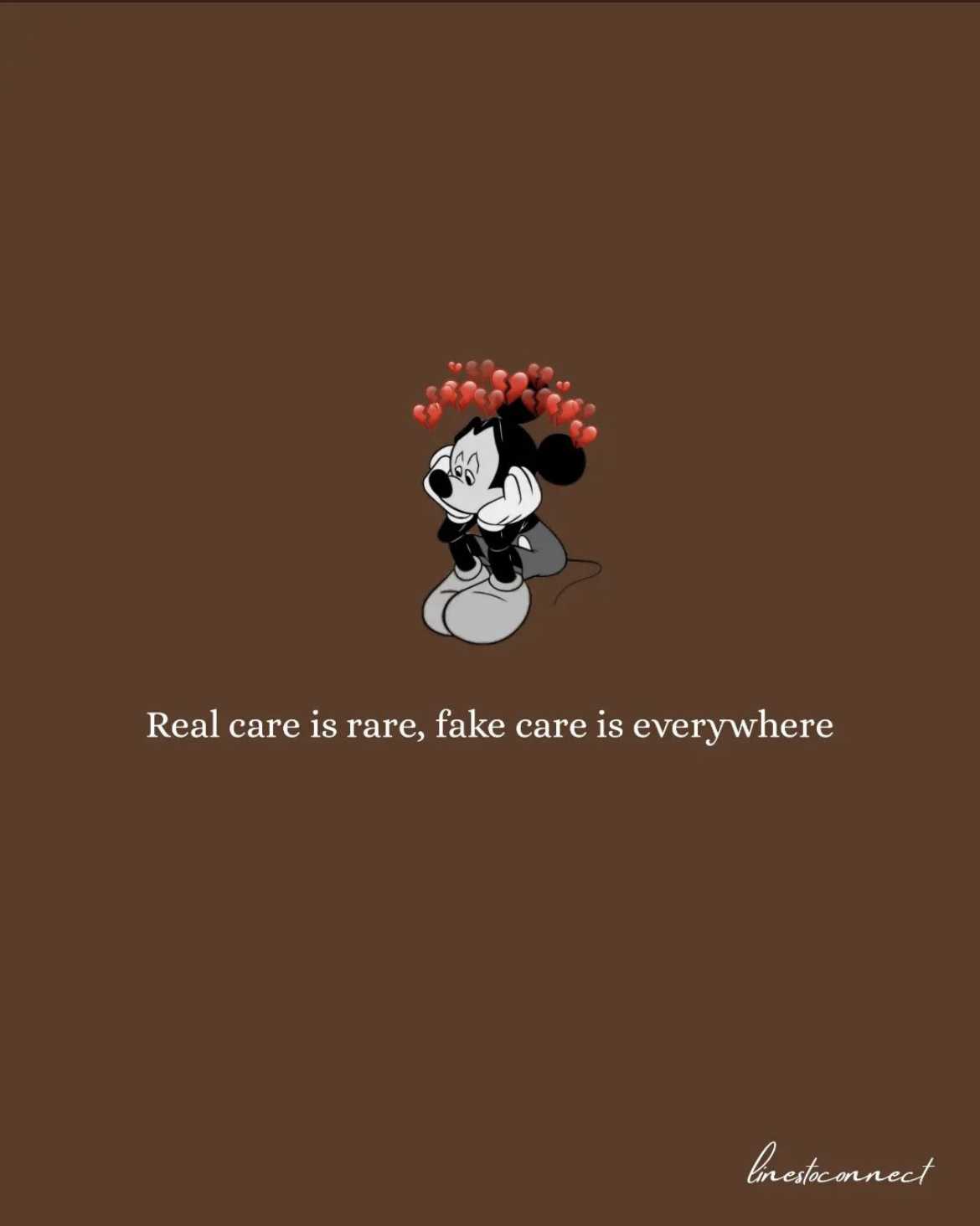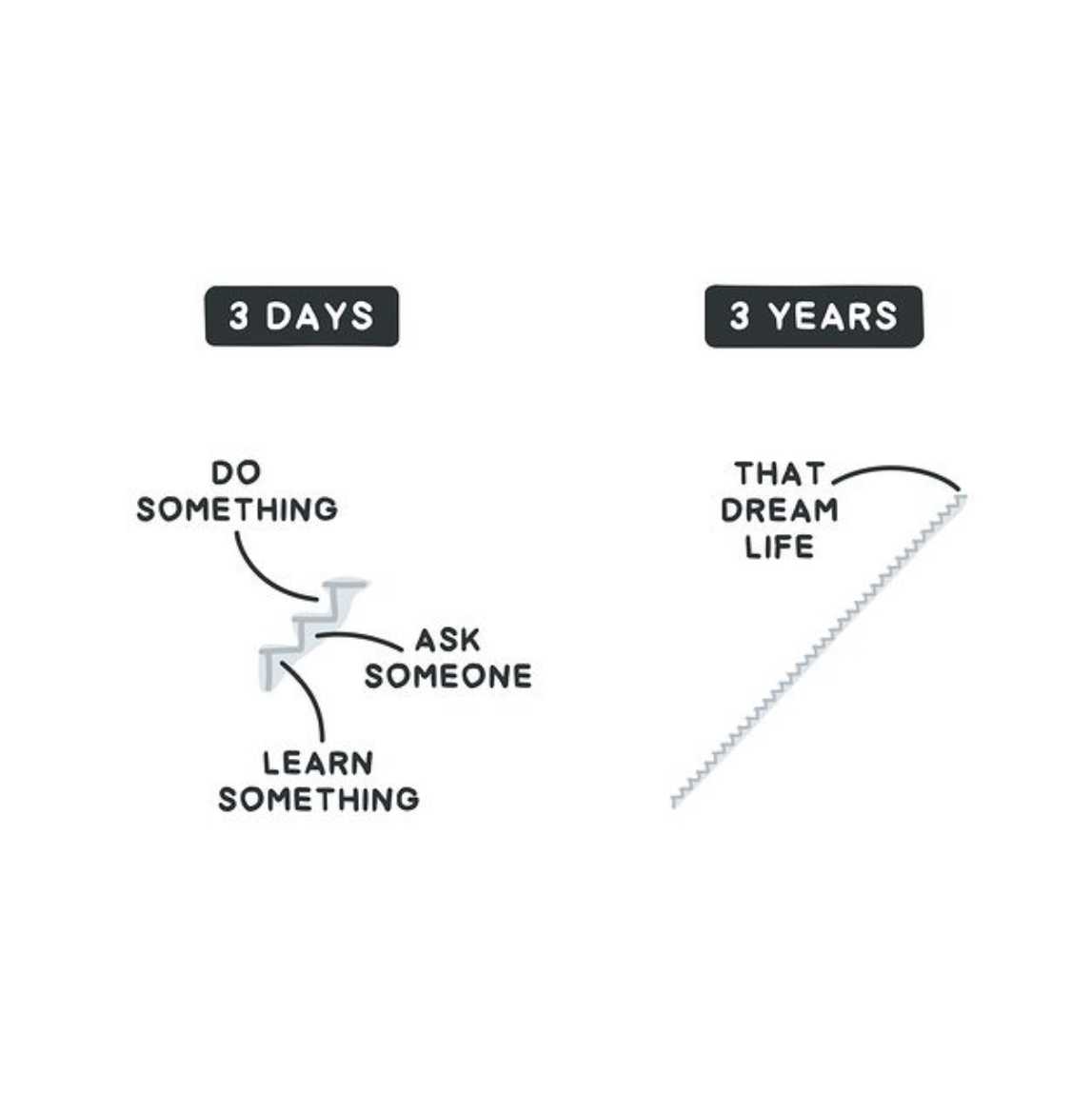Morning and Evening by Charles Spurgeon
Morning
"My grace is sufficient for thee." 2 Corinthians 12:9
If none of God's saints were poor and tried, we should not know half so well the consolations of divine grace. When we find the wanderer who has not where to lay his head, who yet can say, "Still will I trust in the Lord;" when we see the pauper starving on bread and water, who still glories in Jesus; when we see the bereaved widow overwhelmed in affliction, and yet having faith in Christ, oh! what honour it reflects on the gospel. God's grace is illustrated and magnified in the poverty and trials of believers. Saints bear up under every discouragement, believing that all things work together for their good, and that out of apparent evils a real blessing shall ultimately spring--that their God will either work a deliverance for them speedily, or most assuredly support them in the trouble, as long as he is pleased to keep them in it. This patience of the saints proves the power of divine grace. There is a lighthouse out at sea: it is a calm night--I cannot tell whether the edifice is firm; the tempest must rage about it, and then I shall know whether it will stand. So with the Spirit's work: if it were not on many occasions surrounded with tempestuous waters, we should not know that it was true and strong; if the winds did not blow upon it, we should not know how firm and secure it was. The master-works of God are those men who stand in the midst of difficulties, stedfast, unmoveable,--
"Calm mid the bewildering cry,
Confident of victory."
He who would glorify his God must set his account upon meeting with many trials. No man can be illustrious before the Lord unless his conflicts be many. If then, yours be a much-tried path, rejoice in it, because you will the better show forth the all-sufficient grace of God. As for his failing you, never dream of it--hate the thought. The God who has been sufficient until now, should be trusted to the end.
Evening
"They shall be abundantly satisfied with the fatness of thy house." Psalm 36:8
Sheba's queen was amazed at the sumptuousness of Solomon's table. She lost all heart when she saw the provision of a single day; and she marvelled equally at the company of servants who were feasted at the royal board. But what is this to the hospitalities of the God of grace? Ten thousand thousand of his people are daily fed; hungry and thirsty, they bring large appetites with them to the banquet, but not one of them returns unsatisfied; there is enough for each, enough for all, enough for evermore. Though the host that feed at Jehovah's table is countless as the stars of heaven, yet each one has his portion of meat. Think how much grace one saint requires, so much that nothing but the Infinite could supply him for one day; and yet the Lord spreads his table, not for one, but many saints, not for one day, but for many years; not for many years only, but for generation after generation. Observe the full feasting spoken of in the text, the guests at mercy's banquet are satisfied, nay, more "abundantly satisfied;" and that not with ordinary fare, but with fatness, the peculiar fatness of God's own house; and such feasting is guaranteed by a faithful promise to all those children of men who put their trust under the shadow of Jehovah's wings. I once thought if I might but get the broken meat at God's back door of grace I should be satisfied; like the woman who said, "The dogs eat of the crumbs that fall from the master's table;" but no child of God is ever served with scraps and leavings; like Mephibosheth, they all eat from the king's own table. In matters of grace, we all have Benjamin's mess--we all have ten times more than we could have expected, and though our necessities are great, yet are we often amazed at the marvellous plenty of grace which God gives us experimentally to enjoy.
Découvrir des postesExplorez un contenu captivant et des perspectives diverses sur notre page Découvrir. Découvrez de nouvelles idées et engagez des conversations significatives
Morning and Evening by Charles Spurgeon
Morning
"But all the Israelites went down to the Philistines, to sharpen every man his share, and his coulter, and his axe, and his mattock." 1 Samuel 13:20
We are engaged in a great war with the Philistines of evil. Every weapon within our reach must be used. Preaching, teaching, praying, giving, all must be brought into action, and talents which have been thought too mean for service, must now be employed. Coulter, and axe, and mattock, may all be useful in slaying Philistines; rough tools may deal hard blows, and killing need not be elegantly done, so long as it is done effectually. Each moment of time, in season or out of season; each fragment of ability, educated or untutored; each opportunity, favourable or unfavourable, must be used, for our foes are many and our force but slender.
Most of our tools want sharpening; we need quickness of perception, tact, energy, promptness, in a word, complete adaptation for the Lord's work. Practical common sense is a very scarce thing among the conductors of Christian enterprises. We might learn from our enemies if we would, and so make the Philistines sharpen our weapons. This morning let us note enough to sharpen our zeal during this day by the aid of the Holy Spirit. See the energy of the Papists, how they compass sea and land to make one proselyte, are they to monopolize all the earnestness? Mark the heathen devotees, what tortures they endure in the service of their idols! are they alone to exhibit patience and self-sacrifice? Observe the prince of darkness, how persevering in his endeavours, how unabashed in his attempts, how daring in his plans, how thoughtful in his plots, how energetic in all! The devils are united as one man in their infamous rebellion, while we believers in Jesus are divided in our service of God, and scarcely ever work with unanimity. O that from Satan's infernal industry we may learn to go about like good Samaritans, seeking whom we may bless!
Evening
"Unto me, who am less than the least of all saints, is this grace given, that I should preach among the Gentiles the unsearchable riches of Christ." Ephesians 3:8
The apostle Paul felt it a great privilege to be allowed to preach the gospel. He did not look upon his calling as a drudgery, but he entered upon it with intense delight. Yet while Paul was thus thankful for his office, his success in it greatly humbled him. The fuller a vessel becomes, the deeper it sinks in the water. Idlers may indulge a fond conceit of their abilities, because they are untried; but the earnest worker soon learns his own weakness. If you seek humility, try hard work; if you would know your nothingness, attempt some great thing for Jesus. If you would feel how utterly powerless you are apart from the living God, attempt especially the great work of proclaiming the unsearchable riches of Christ, and you will know, as you never knew before, what a weak unworthy thing you are. Although the apostle thus knew and confessed his weakness, he was never perplexed as to the subject of his ministry. From his first sermon to his last, Paul preached Christ, and nothing but Christ. He lifted up the cross, and extolled the Son of God who bled thereon. Follow his example in all your personal efforts to spread the glad tidings of salvation, and let "Christ and him crucified" be your ever recurring theme. The Christian should be like those lovely spring flowers which, when the sun is shining, open their golden cups, as if saying, "Fill us with thy beams!" but when the sun is hidden behind a cloud, they close their cups and droop their heads. So should the Christian feel the sweet influence of Jesus; Jesus must be his sun, and he must be the flower which yields itself to the Sun of Righteousness. Oh! to speak of Christ alone, this is the subject which is both "seed for the sower, and bread for the eater." This is the live coal for the lip of the speaker, and the master-key to the heart of the hearer.
Morning and Evening by Charles Spurgeon
Morning
"With lovingkindness have I drawn thee." Jeremiah 31:3
The thunders of the law and the terrors of judgment are all used to bring us to Christ; but the final victory is effected by lovingkindness. The prodigal set out to his father's house from a sense of need; but his father saw him a great way off, and ran to meet him; so that the last steps he took towards his father's house were with the kiss still warm upon his cheek, and the welcome still musical in his ears.
"Law and terrors do but harden
All the while they work alone;
But a sense of blood-bought pardon
Will dissolve a heart of stone."
The Master came one night to the door, and knocked with the iron hand of the law; the door shook and trembled upon its hinges; but the man piled every piece of furniture which he could find against the door, for he said, "I will not admit the man." The Master turned away, but by-and-bye he came back, and with his own soft hand, using most that part where the nail had penetrated, he knocked again--oh, so softly and tenderly. This time the door did not shake, but, strange to say, it opened, and there upon his knees the once unwilling host was found rejoicing to receive his guest. "Come in, come in; thou hast so knocked that my bowels are moved for thee. I could not think of thy pierced hand leaving its blood-mark on my door, and of thy going away houseless, Thy head filled with dew, and thy locks with the drops of the night.' I yield, I yield, thy love has won my heart." So in every case: lovingkindness wins the day. What Moses with the tablets of stone could never do, Christ does with his pierced hand. Such is the doctrine of effectual calling. Do I understand it experimentally? Can I say, "He drew me, and I followed on, glad to confess the voice divine?" If so, may he continue to draw me, till at last I shall sit down at the marriage supper of the Lamb.
Evening
"Now we have received ... the spirit which is of God; that we might know the things that are freely given to us of God." 1 Corinthians 2:12
Dear reader, have you received the spirit which is of God, wrought by the Holy Ghost in your soul? The necessity of the work of the Holy Spirit in the heart may be clearly seen from this fact, that all which has been done by God the Father, and by God the Son, must be ineffectual to us, unless the Spirit shall reveal these things to our souls. What effect does the doctrine of election have upon any man until the Spirit of God enters into him? Election is a dead letter in my consciousness until the Spirit of God calls me out of darkness into marvellous light. Then through my calling, I see my election, and knowing myself to be called of God, I know myself to have been chosen in the eternal purpose. A covenant was made with the Lord Jesus Christ, by his Father; but what avails that covenant to us until the Holy Spirit brings us its blessings, and opens our hearts to receive them? There hang the blessings on the nail--Christ Jesus; but being short of stature, we cannot reach them; the Spirit of God takes them down and hands them to us, and thus they become actually ours. Covenant blessings in themselves are like the manna in the skies, far out of mortal reach, but the Spirit of God opens the windows of heaven and scatters the living bread around the camp of the spiritual Israel. Christ's finished work is like wine stored in the wine-vat; through unbelief we can neither draw nor drink. The Holy Spirit dips our vessel into this precious wine, and then we drink; but without the Spirit we are as truly dead in sin as though the Father never had elected, and though the Son had never bought us with his blood. The Holy Spirit is absolutely necessary to our well-being. Let us walk lovingly towards him and tremble at the thought of grieving him.




